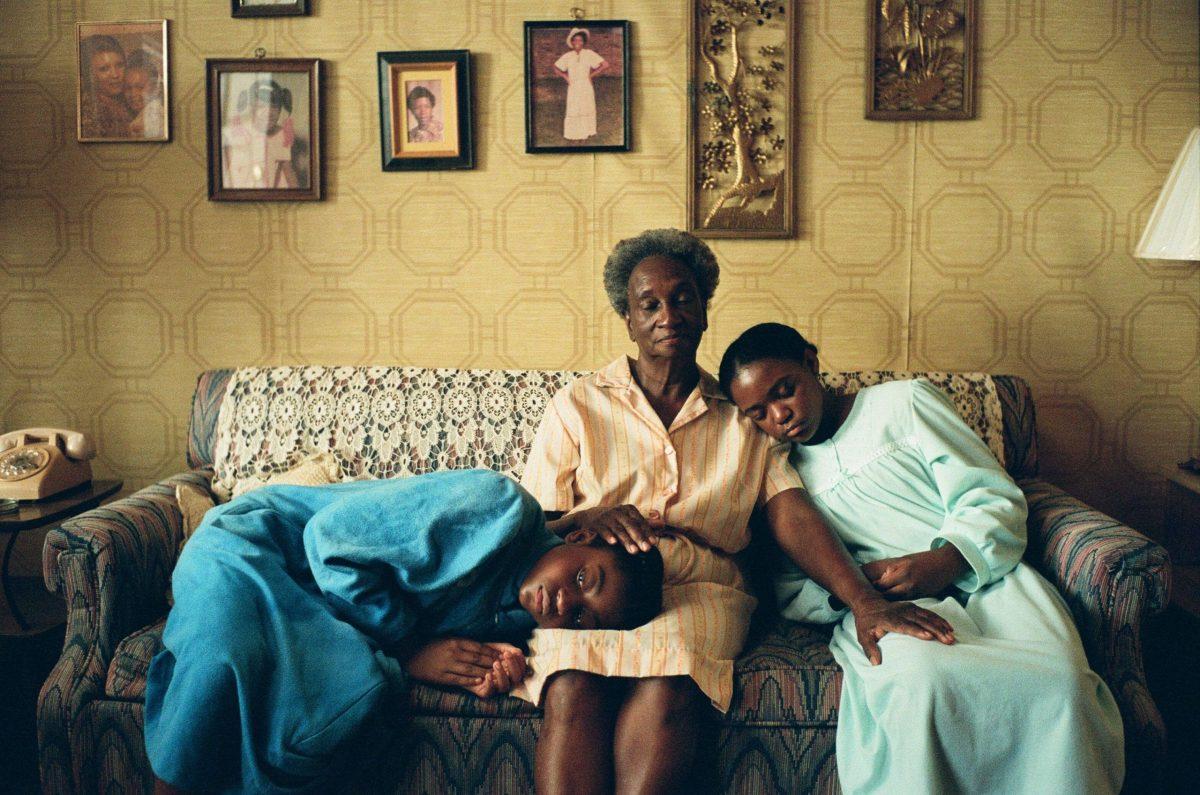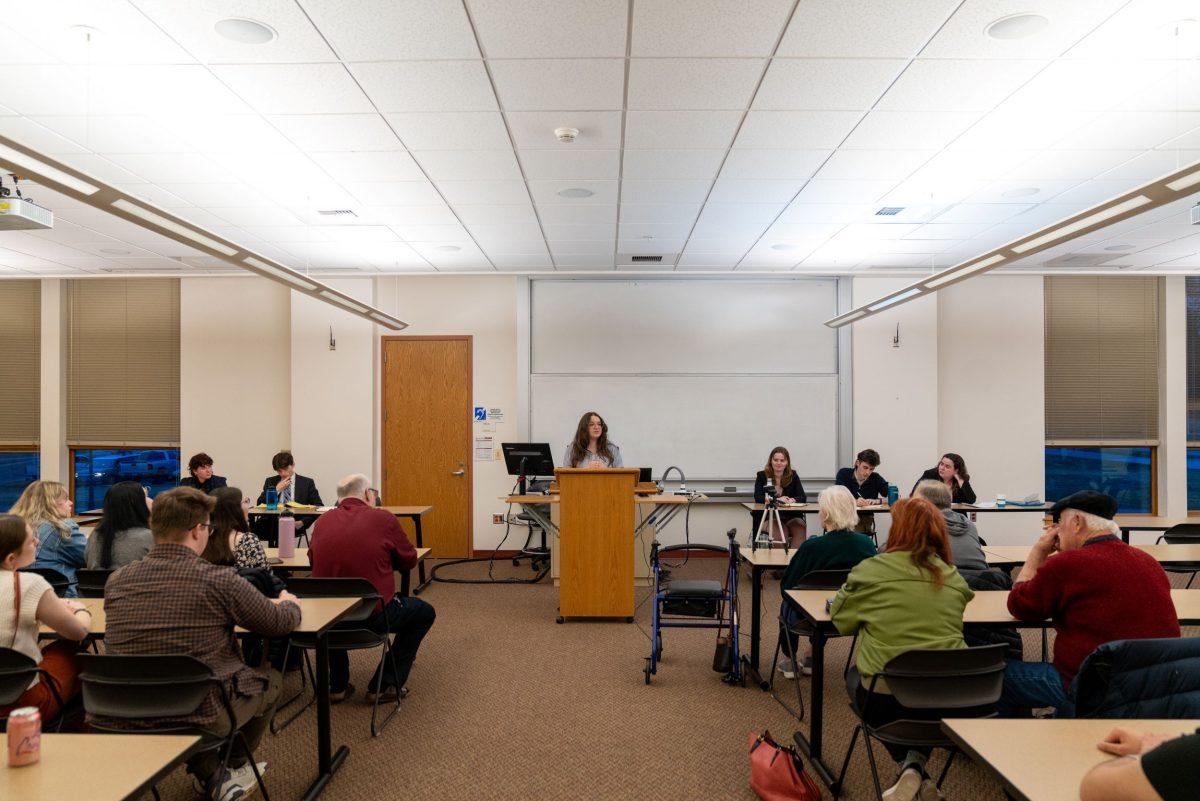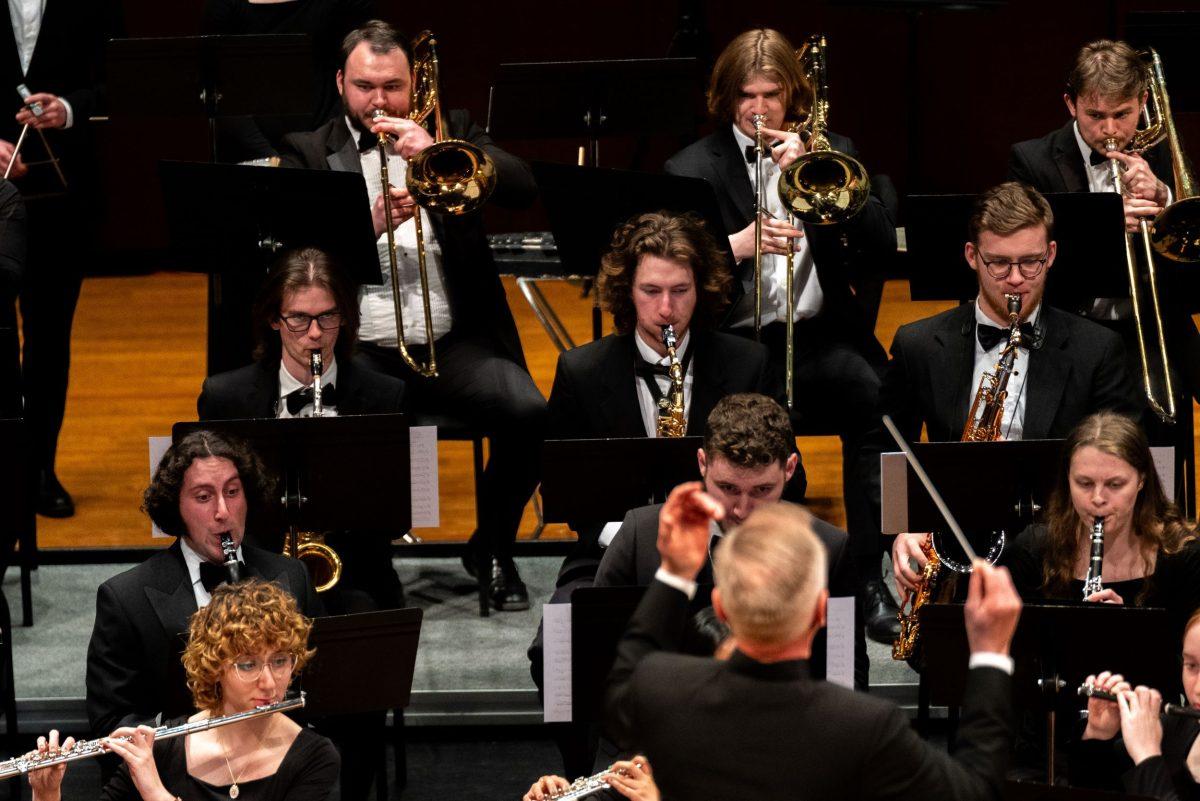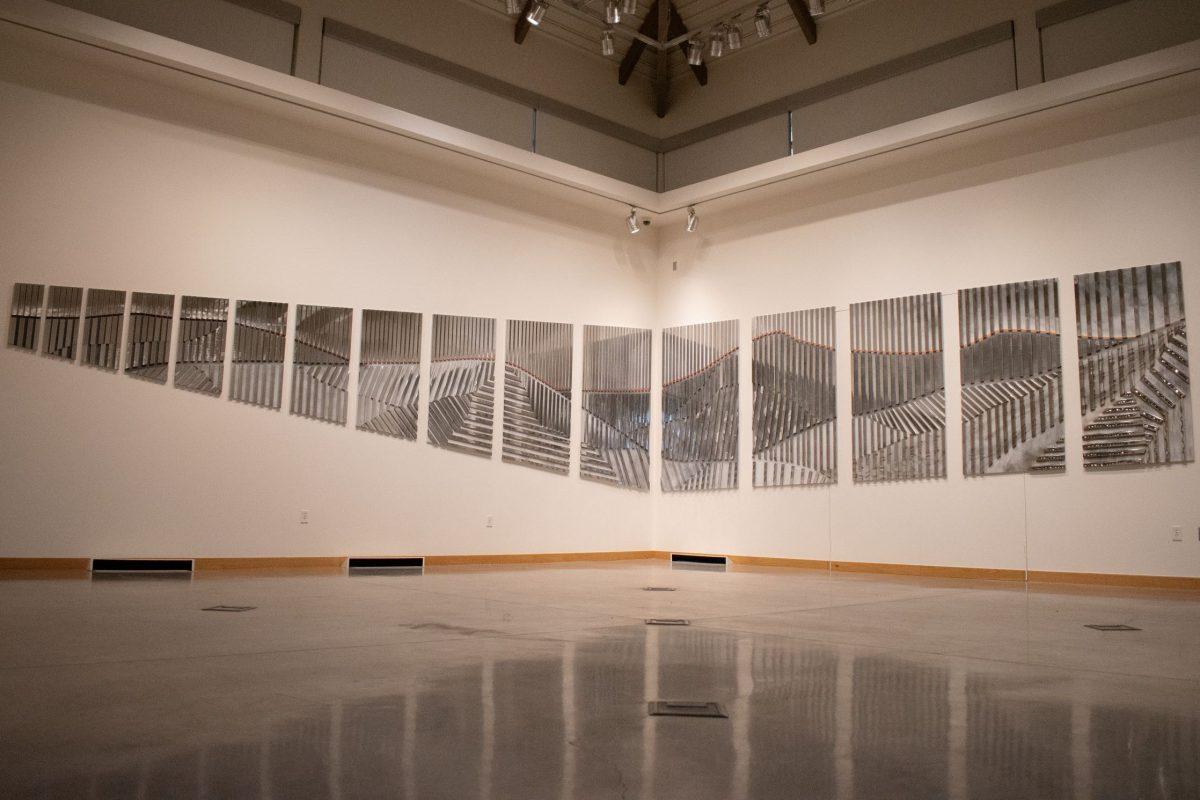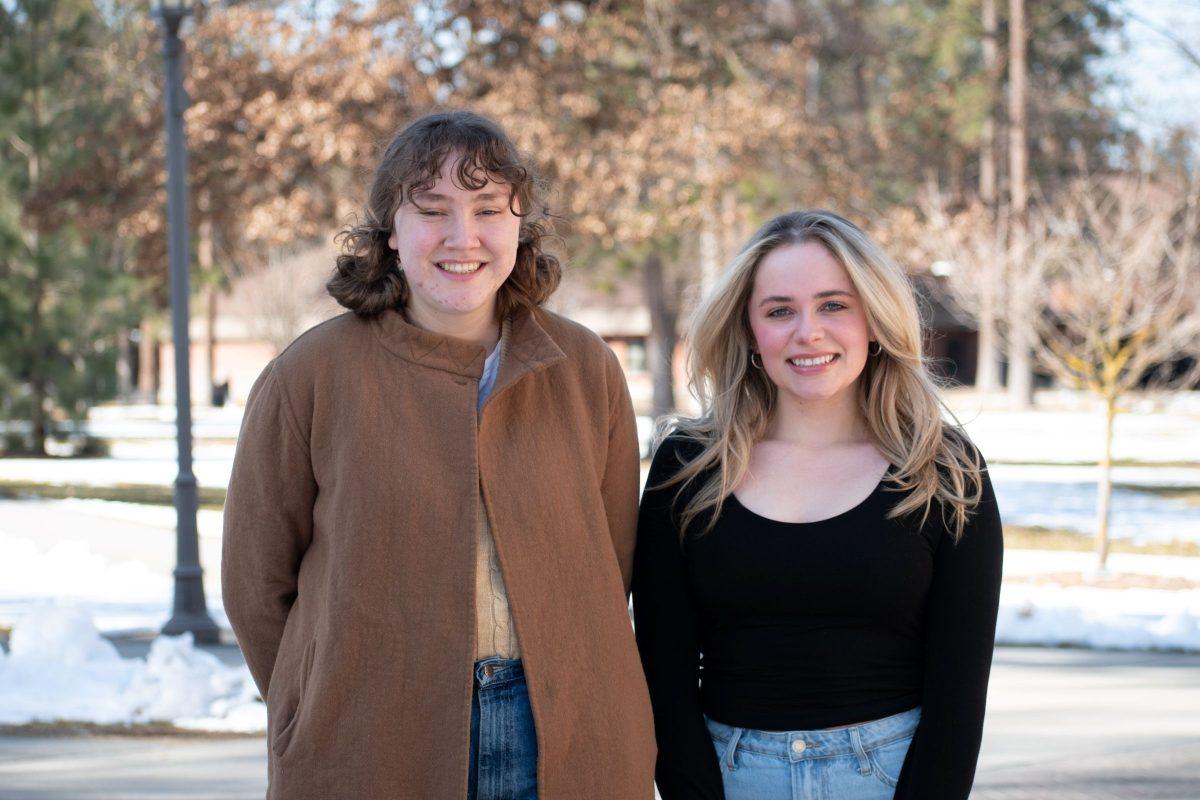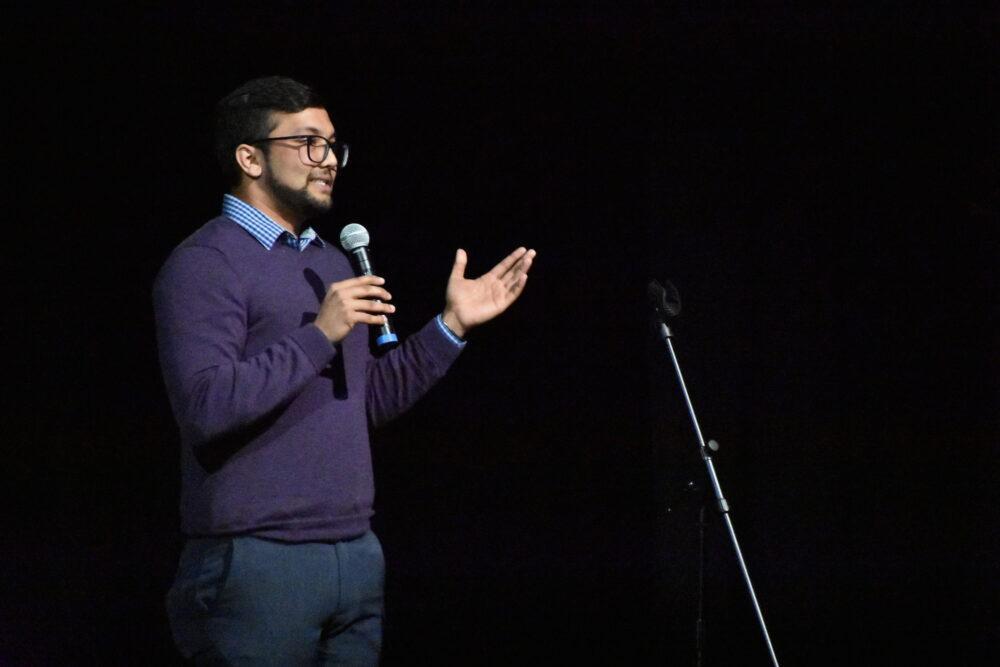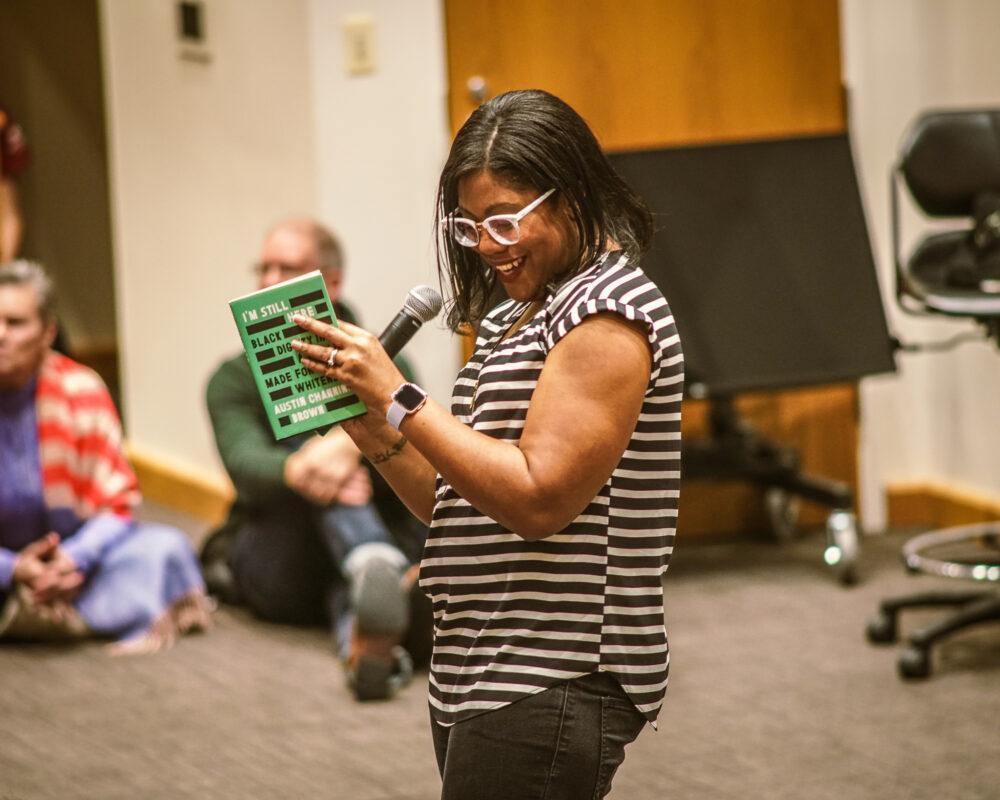
Dr. Ruth Padilla Deborst, theologian and social activist, delivered a series of lectures to the Whitworth student body beginning Wednesday Sept. 25 and ending Thursday Sept. 26.
While Dr. Padilla Deborst resides in Puerto Rico, she was raised in Argentina after being born in Columbia to an Ecuadorian father and an American mother.
Dr. Padilla Deborst received her PhD in theology from Boston University in 2016 before returning to Puerto Rico. She currently resides in a Puerto Rican community living center known as Casa Adobe, which aims to “be a community in which people who are different learn to live as citizens of Santa Rosa, caring for creation, building true relationships, and nurturing their faith in a God of love and justice.”
Taking her passion for community under God outside of her home, Dr. Padilla Deborst has been attending colleges and universities across the United States to share her views on social issues and God.
Dr. Padilla Deborst used her visit to Whitworth to speak to students about two key issues: the environment and immigration.
Her first lecture, titled “Living Justly in the Creative Community,” focused on environmental degradation and what she deemed the typical “Christian response.”
Dr. Padilla Deborst opened her lecture with a Dominican prayer asking God to bless his followers with “restless discomfort about easy answers, half truths, and superficial relationships…” as a preface to the intensity of the discussion.
Using stories and hypotheticals to encourage activism and reflection, Dr. Padilla Deborst challenged the tendency of Christians to ignore environmental issues in the name of God.
“The goodness of creation does not lay on us” she said. “We need to recognize the hope of a healthy world… does not lay on human achievement.”
Dr. Padilla Deborst dedicated her lecture on Sept. 26 to the issue of immigration, titling her lecture “Living Justly Across Borders.”
Before the lecture began, Dr. Padilla Deborst played a song by Juan Manuel Serrat, a poet deported from the United States.
Following her non-traditional lecture style, Dr. Padilla Deborst asked the audience to remove their I.D. cards and money from their wallets and place them under their seats. She then asked the audience to contemplate a reality where they left the lecture without identification or money.
Dr. Padilla Deborst focused her lecture on the reality of immigration for those making their way to the United States. Making the claim that the United States needs to “bend borders and imagine new ways of owning and belonging.”
In both lectures, Dr. Padilla Deborst aimed to draw attention to one main question that she believes Christians ought to ask themselves.
“Can we recognize ourselves as members of God’s transnational family?”



